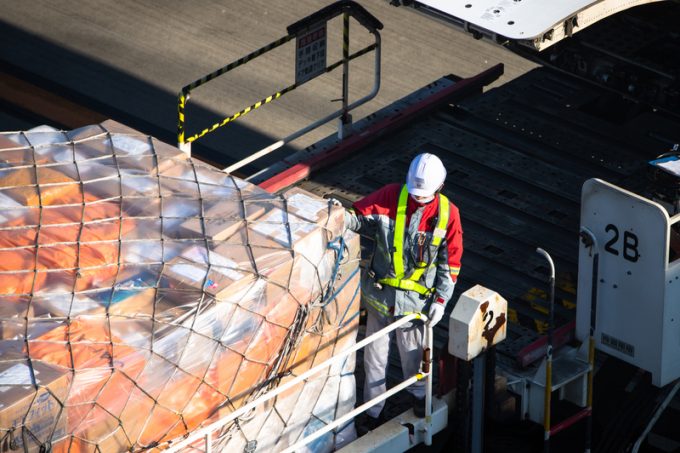Joost van Doesburg to step down as cargo head at Schiphol
Head of cargo at Royal Schiphol Group Joost van Doesburg will step down on 1 ...

Embattled cargo handlers can introduce increased efficiencies into their processes thanks to the launch of another tool to help them digitise.
As handlers around the world struggle with congestion, waiting times and queues, two technology companies have partnered to provide a pay-as-you-go solution.
Hermes Logistics Technologies (HLT) ...
CMA CGM South Korean staff strike over bonuses after bumper 2024 profit
MSC switches two more Asia-Europe port calls from congested Antwerp
Ports and supply chain operators weigh in on funding for CPB
Nightmare for Bangladeshi exporters as congestion and tariffs bite
Carriers introduce surcharges as congestion builds at African ports
Box ship overcapacity threat from carrier appetite for new tonnage
CMA airline returns two freighters, while ANA takeover of NCA looms
Tradelanes: Export boom in Indian sub-continent triggers rise in airfreight rates

Comment on this article